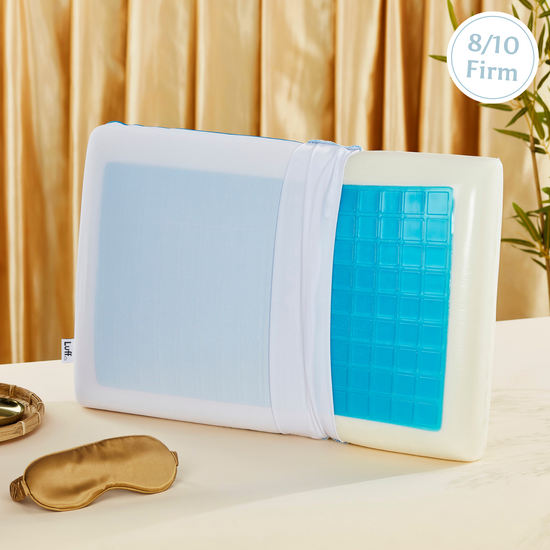Meditation can be a great tool for everyday mental and physical wellbeing and improving mood. There are many ways to meditate and what works for one person may not work for another. It is a hugely personalised way of focusing inward and finding relaxation and peace within yourself. This can be done at home, in your bedroom or there are classes led by a trained professional. Whatever level you want to meditate at it can contribute to a healthier body and wellbeing from just 10 minutes a day.

How meditation can help
Meditation can help both physically and mentally when performed. Mentally when meditating, it allows you to focus on your emotions and reduce the negative impact that they may be having on your life. One of the biggest reasons people meditate is because of stress. Stress both physically and mentally leads to the increase of cortisol in the body which can cause many problems such as; weight gain, bad sleep and health problems. Mindfulness meditation is one technique that can ease the burden that stress has on the body by reducing anxiety and allowing you to reconcile and process emotions. There are studies on buddhist monks showing how meditation can also improve memory, concentration and the rate of learning. Fine tuning these parts of the brain allows people to access / level up certain areas to be more productive and happy.
Meditation has been shown to help metabolism, blood pressure, and improves heart rate and breathing. That is a lot of benefits from something as simple and taking time out to think and focus. By concentrating on certain areas your brain is shown to work better in that area. There are even some studies that have shown that people who meditate daily can have a boosted immune system because of the relaxed state of your brain. Brains are extremely complex and regions of the brain can get cluttered when people start to feel negative emotions.
Meditation and Sleep
If a problem you have is insomnia, meditation can help with clearing your mind before trying to sleep. Sleep problems usually stem from stress or worry that people have and meditation can help with clearing your mind as explained above, but meditation can also directly affect how you sleep. By concentrating and recollecting the events of the day, you can initial a conclusion in your brain to end the day. Meditation can help your body and brain slip into relaxation mode and reduce your heart rate to get you ready to sleep. Mindfulness meditation has also been proven to increase melatonin and serotonin which are the key hormones in controlling when you feel sleepy and ready to sleep.
Breathing and muscle exercises
Meditation also covers light exercise like stationary stretches and breathing techniques that are shown to improve health. Breathing techniques especially can benefit many things and help with problems like; stress levels in your body, Lowering your heart rate, Lowering your blood pressure, improving diabetic symptoms, reducing depression, managing chronic pain better and stopping fatigue.
Resources / Meditation Classes
If you want to get straight into meditating now we have a meditation 101 basic that can get you started below.
These are some easy steps to get started:
1) Sit down somewhere comfortable and that is quiet
(It’s important to be somewhere quiet and comfortable so that you are not affected by anything.)
2) Set a time limit
Between 10 or 20 mins session is good
3) Set your mind to your body, think about your position
Think about your body and your limbs and how they are all connected
4) Think about your breathing
Concentrate on the inhale and exhale and feel every breath in your whole body
5) Notice when your mind has wandered
You will start to think about other things so try to catch yourself and bring yourself back to relaxation
6) Be kind to your wandering mind
Don't force your mind to
7) Close with kindness
When you’re ready, gently lift your gaze (if your eyes are closed, open them). Take a moment and notice any sounds in the environment. Notice how your body feels right now. Notice your thoughts and emotions.
You're done. Repeat this on a regular basis to help you relax.







